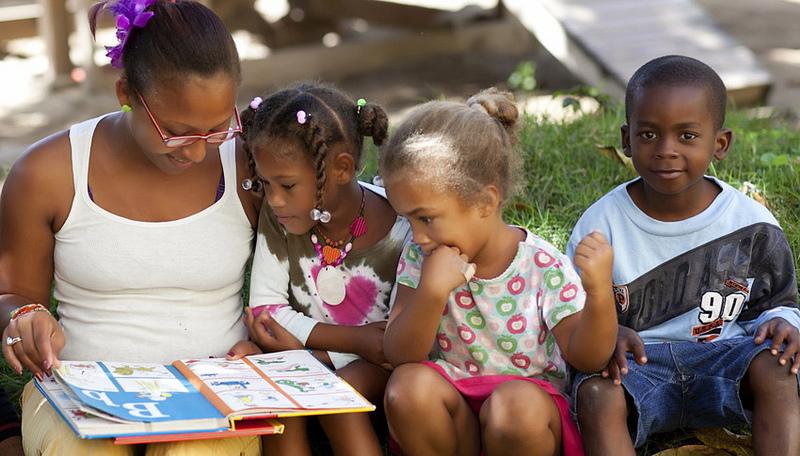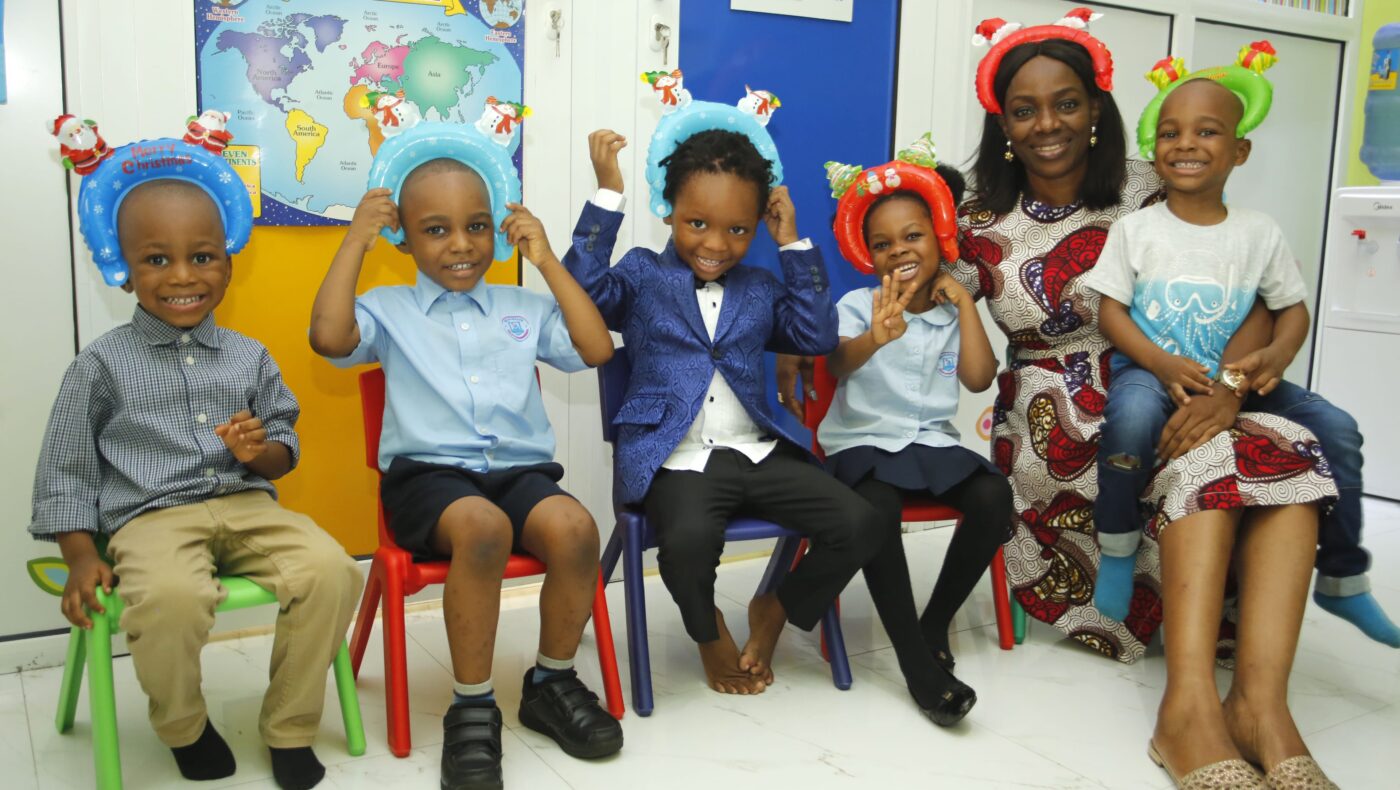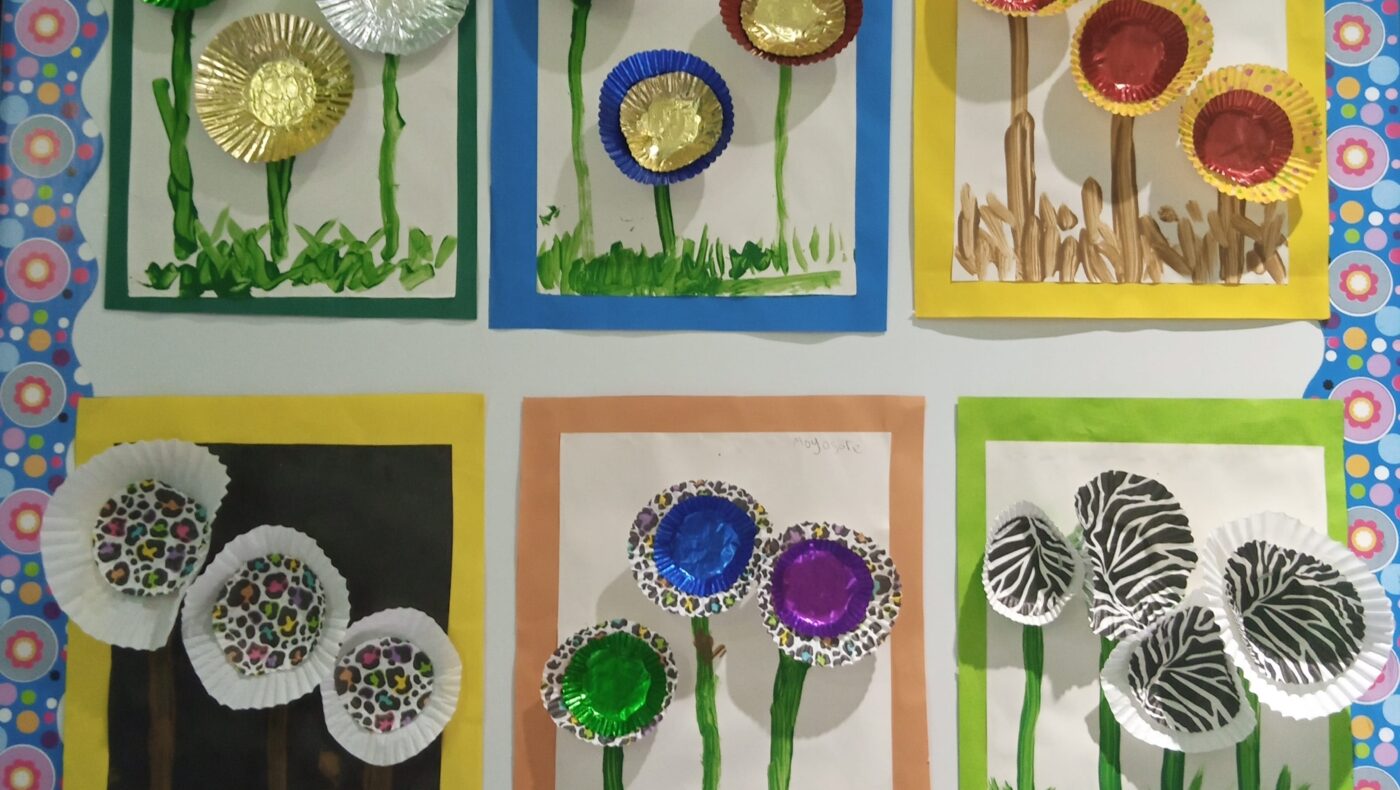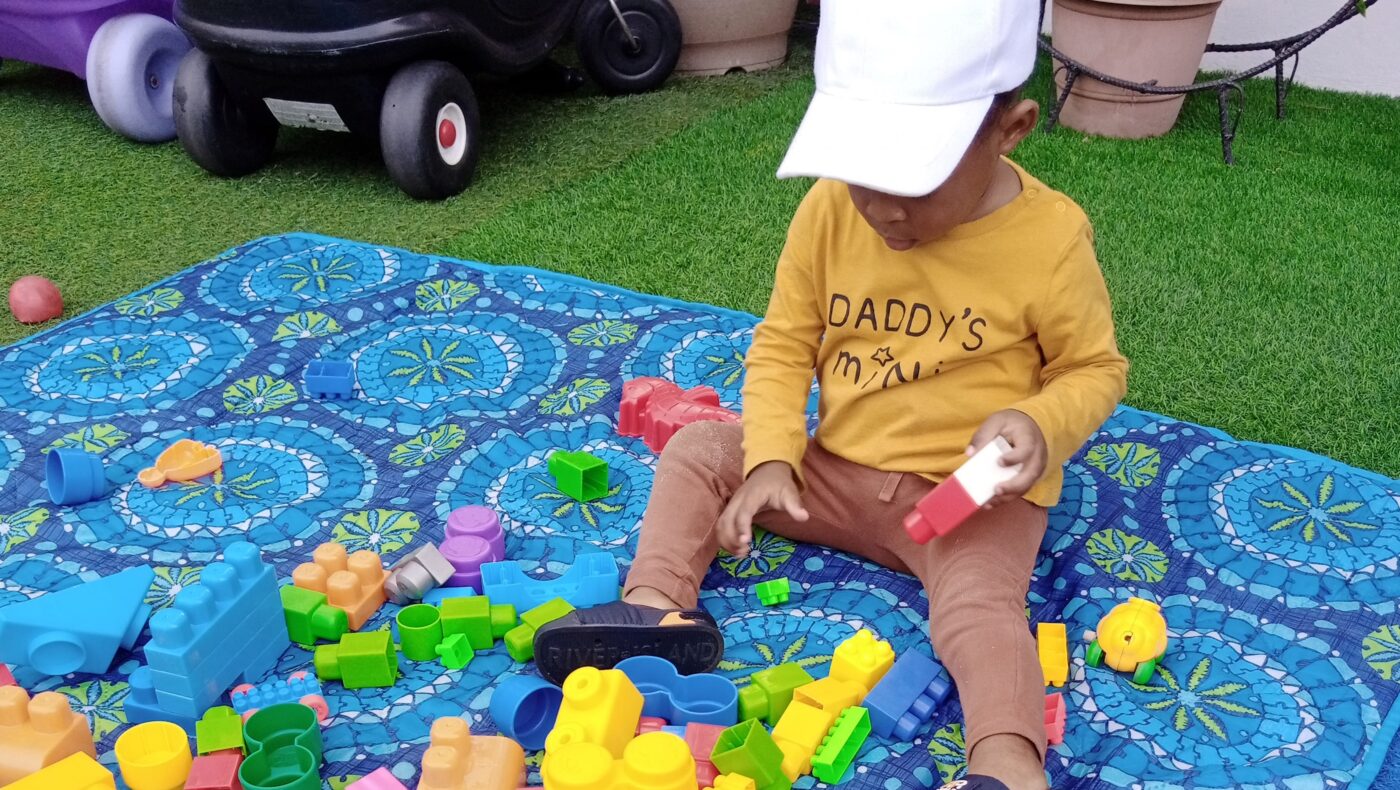Myths around Speech and Language in Children
Introduction
Speech and language development is a complex process that begins in the womb and continues throughout childhood. Every child develops at their own pace, but there are some general milestones that most children reach. Speech and language development takes place over many years. It is influenced by a variety of factors, including genetics, environment, and overall health. As a result, it is no surprise that there are many myths surrounding speech and language development in children.
Myth 1: All children develop speech and language at the same pace.
False. Every child develops at their own unique pace. Some children may start talking earlier than others, while others may take more time. There is a wide range of normal when it comes to speech and language development.
Myth 2: If your child isn’t talking by age 2, they have a speech delay.
False. Most children start saying their first words around 12-18 months old. However, some children may not start talking until 24 months old or later. This is still considered to be within the normal range.
Click to Read about the Effect of Emotions and Feelings
Myth 3: Children will outgrow speech and language delays. so it’s best to wait and see.
While it is true that some children will eventually catch up to their peers, it is important to seek help early if you are concerned about your child’s speech or language development. Early intervention can help to prevent speech and language delays from leading to other academic and social difficulties.
Myth 4: Bilingual children are more likely to have speech delays.
False. Research has shown that bilingual children are just as likely as monolingual children to develop speech and language typically. Bilingualism has been shown to have several cognitive benefits, including enhanced memory and problem-solving skills. So go ahead and speak your dialect or another language.
Myth 5: Watching too much TV will delay your child’s speech development.
False. While it is important to limit screen time for young children, no evidence watching TV causes speech delays. In moderation, TV can be a positive learning experience for children, especially if they are watching educational programs.
Myth 6: Using a pacifier will delay your child’s speech development.
False. No evidence using a pacifier causes speech delays. Pacifiers can help to soothe and calm young children, which can make it easier for them to focus on learning and communicating.
Myth 7: Boys develop speech and language later than girls.
False. While there is a slight difference in the average age at which boys and girls start talking, this difference is very small and does not mean that boys are more likely to have speech delays.
Myth 8: If your child is shy, they will be less likely to develop speech and language skills. False. While shyness may make it more difficult for some children to communicate in social situations, it does not mean that they will not develop speech and language skills. Shy children may need more encouragement and support to communicate with others, but they can still learn to speak and understand language just as well as their outgoing peers.
Myth #9: Children with Speech and Language Disorders Are Less Intelligent
This myth is not only incorrect but harmful. Speech and language disorders have no bearing on a child’s intelligence. Many brilliant individuals have faced speech and language challenges in their childhood. It’s important to recognize that these challenges do not define a child’s intellectual potential. With appropriate support, most children can make significant progress in their language development.
Myth #10: Children Will Learn Language Just by Listening
While it’s true that children learn a great deal from listening to their surroundings, active engagement and interaction with caregivers are equally crucial. Talking, singing, and reading to children can significantly enhance their language development. Encourage conversations, ask questions, and provide opportunities for your child to express themselves.
To conclusion,
remember that each child is unique, and their development is a dynamic process.
If you have concerns about a child’s speech or language development, it’s always best to consult with a professional who can provide tailored advice and interventions. You can talk to their paediatrician. They can assess your child’s development and refer you to a speech-language pathologist for further evaluation and treatment if needed.
Click here to read about Belle Meade School





